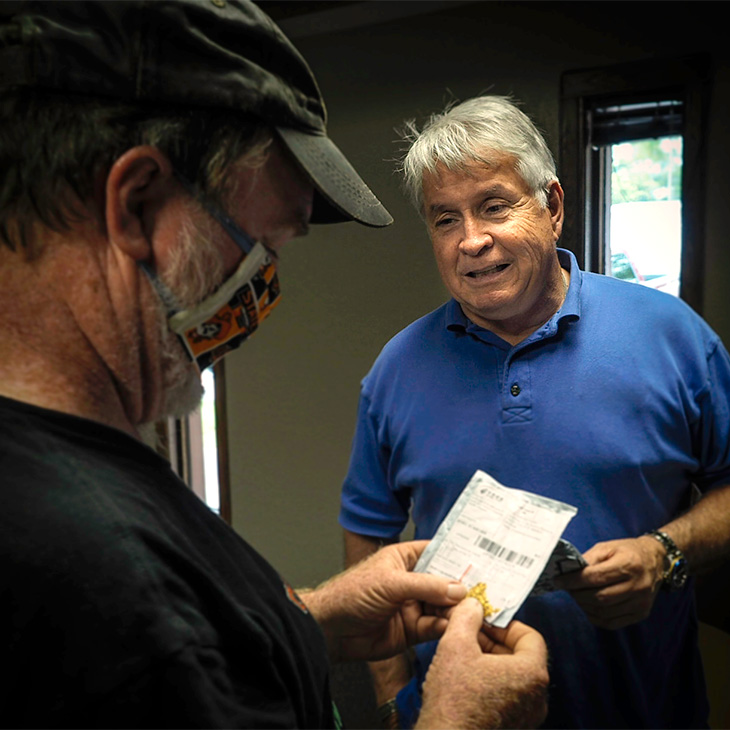
Mystery packages seed community with suspicion and risk
Tuesday, July 28, 2020
Oklahomans are being asked to go against their natural curiosity and green-thumb tendencies, setting aside mail deliveries of mystery seeds from China instead of planting them.
The packages have turned up in several other states as well, including Kansas, Kentucky, Louisiana, Ohio and Washington, according to reports from those states’ departments of agriculture. Many of the seeds have been mailed in white or yellow pouches with the words “China Post” in English and other words in Chinese lettering. Some of them falsely suggest jewelry inside; others provide no clues about contents.
The U.S. Department of Agriculture quickly provided guidance in conjunction with state agriculture departments because of the scale of risk involved, said Morgan Vance, spokeswoman at the Oklahoma Department of Agriculture, Food and Forestry. The state department is also working with Oklahoma State University Extension for collection and disposal of the seeds.
“Although these items may turn out to be harmless, they may also carry a potential threat to our country and our state’s soil and natural resources,” Vance said July 28, following a weekend of millions of social media questions across the country. “We would like to have all these seeds in our possession so they can be handled properly.”
OSU Extension Assistant Director Randy Taylor said Extension staff across Oklahoma have been trying to reach as many people as possible to urge caution and avoid problems with unpredictable outcomes.
“Unsolicited seeds could be invasive, introduce diseases to local plants or be harmful to livestock,” Taylor said. “This is not just an Oklahoma-level threat.”
Jeff Edwards, head of OSU Plant and Soil Sciences Department, said much the same thing in a recent episode of the SUNUP video series, highlighting the risk of diseases and insects.
For that reason, Vance said federal and state officials urge recipients to not open or try to destroy the materials themselves but instead follow key instructions:
- If the package has already been opened, place all contents – seeds, envelopes and packing material – in a zip-lock bag, write your name and city on the bag and then send an email to vance@ag.ok.gov with that information.
- If the seeds have been planted, they should be dug up and shaken for loose soil before following the previous step.
Once the seeds are secured, they can be disposed in three ways:
- Mail the bagged contents in another package to Vance at the Agriculture Department, 2800 N. Lincoln Blvd., Oklahoma City, 73105.
- Carry the seeds in person to the front desk at the department.
- Bring the materials to a local OSU Extension county office.
John Holman, Extension director for Murray County, recently spoke with a gardener in his community who received an unmarked package months after filing an online retail order for seeds. Even if the mystery seeds are indeed what he asked for, circumstances now make it too risky to plant – much to the gardener’s frustration, Holman said.
Taylor said he expects OSU Extension’s community connections will play a key role in addressing the problem.
“We can spread the word really fast through our master gardeners, ag educators and other staff in every county in the state. It’s a pretty-far reaching network of Oklahomans looking out for each other,” Taylor said.
MEDIA CONTACT: Brian Brus | Agricultural Communications Services | 405-744-6792 | BBrus@okstate.edu
